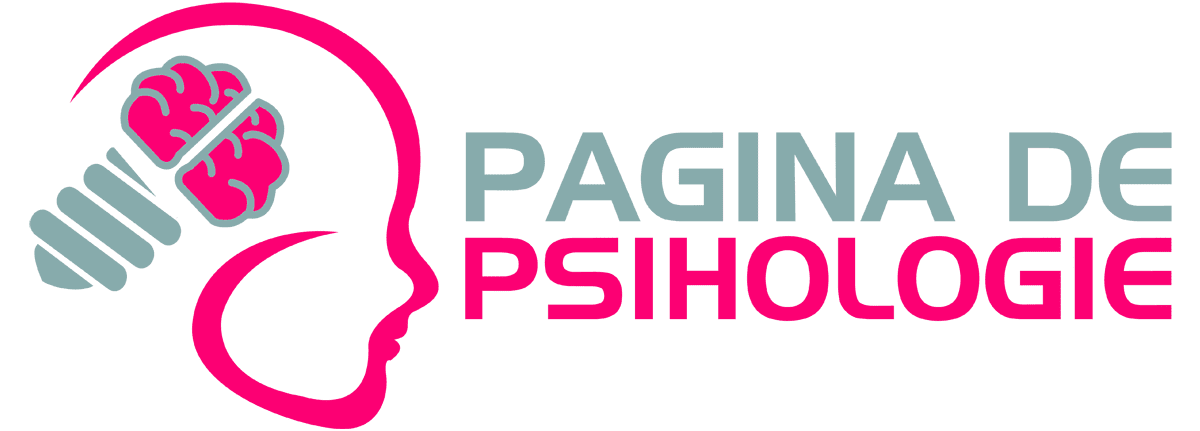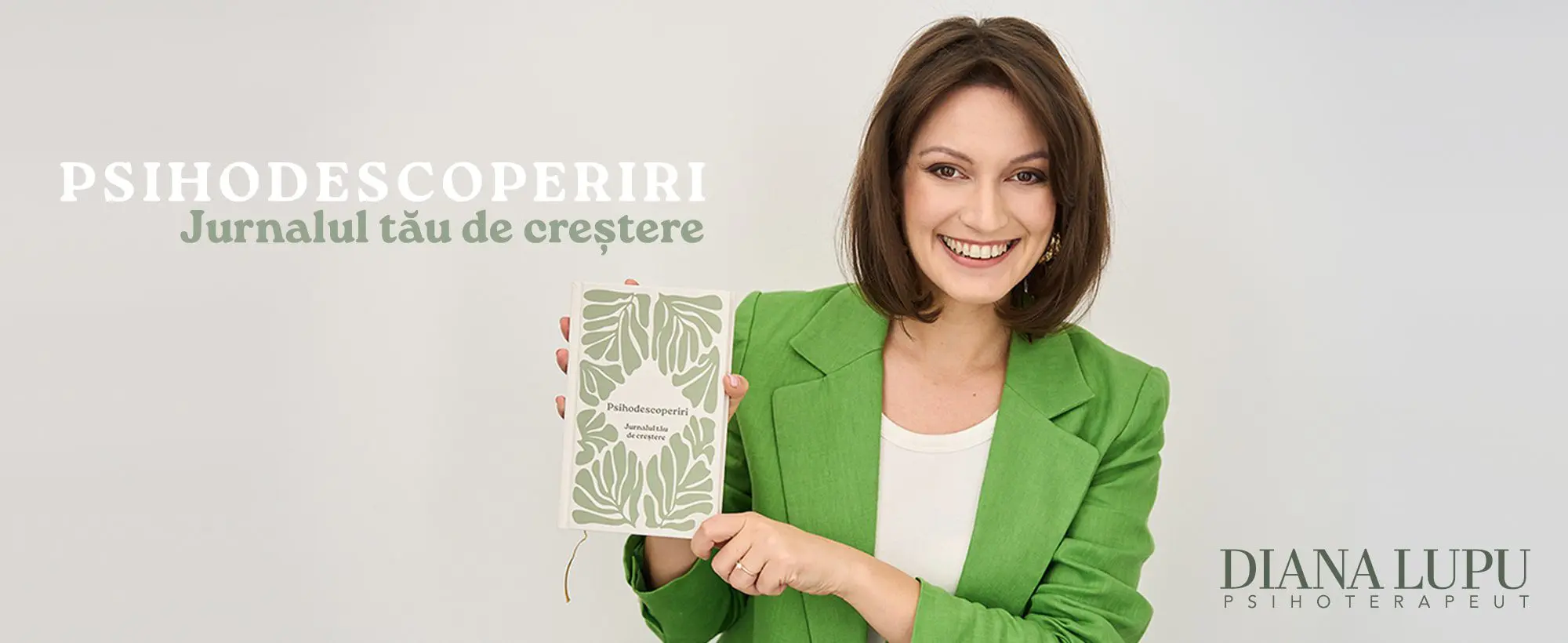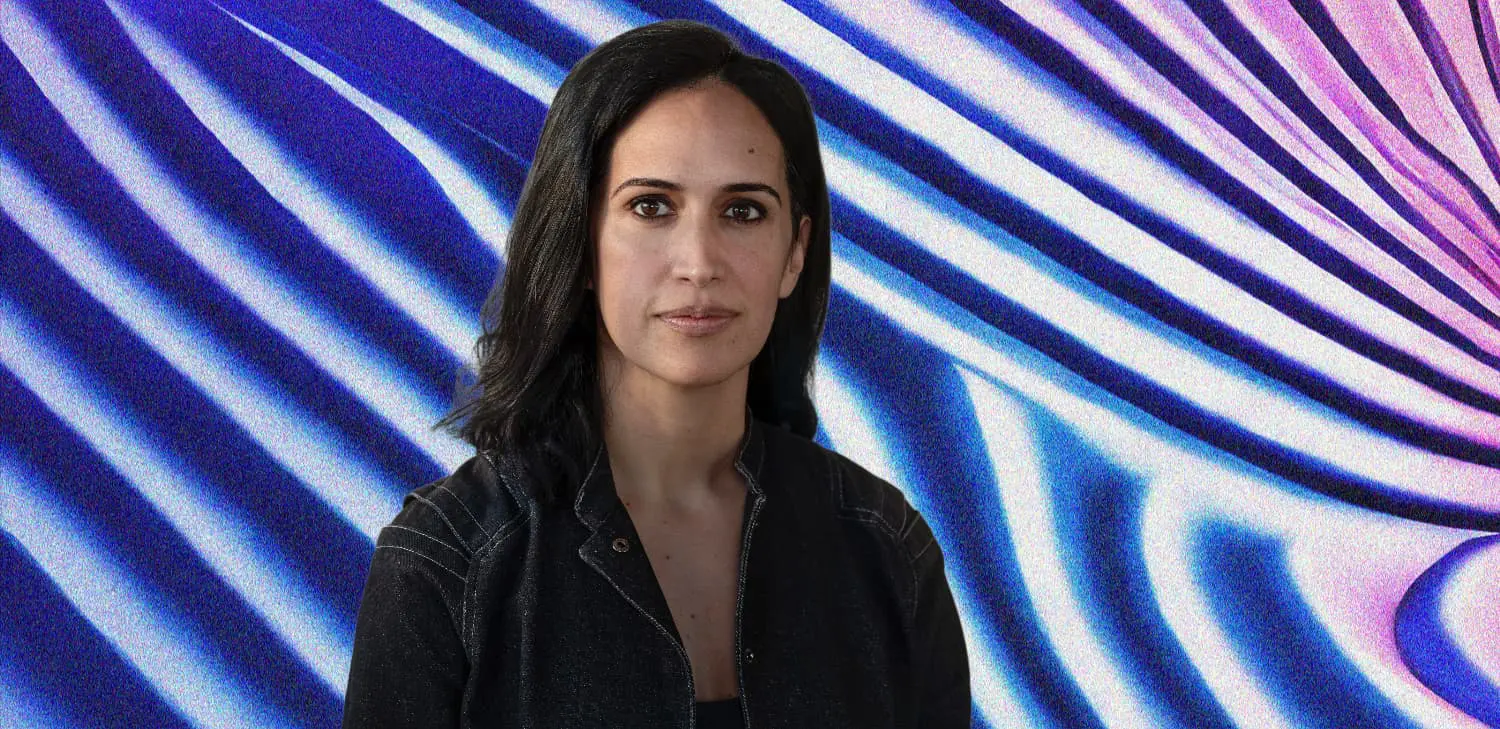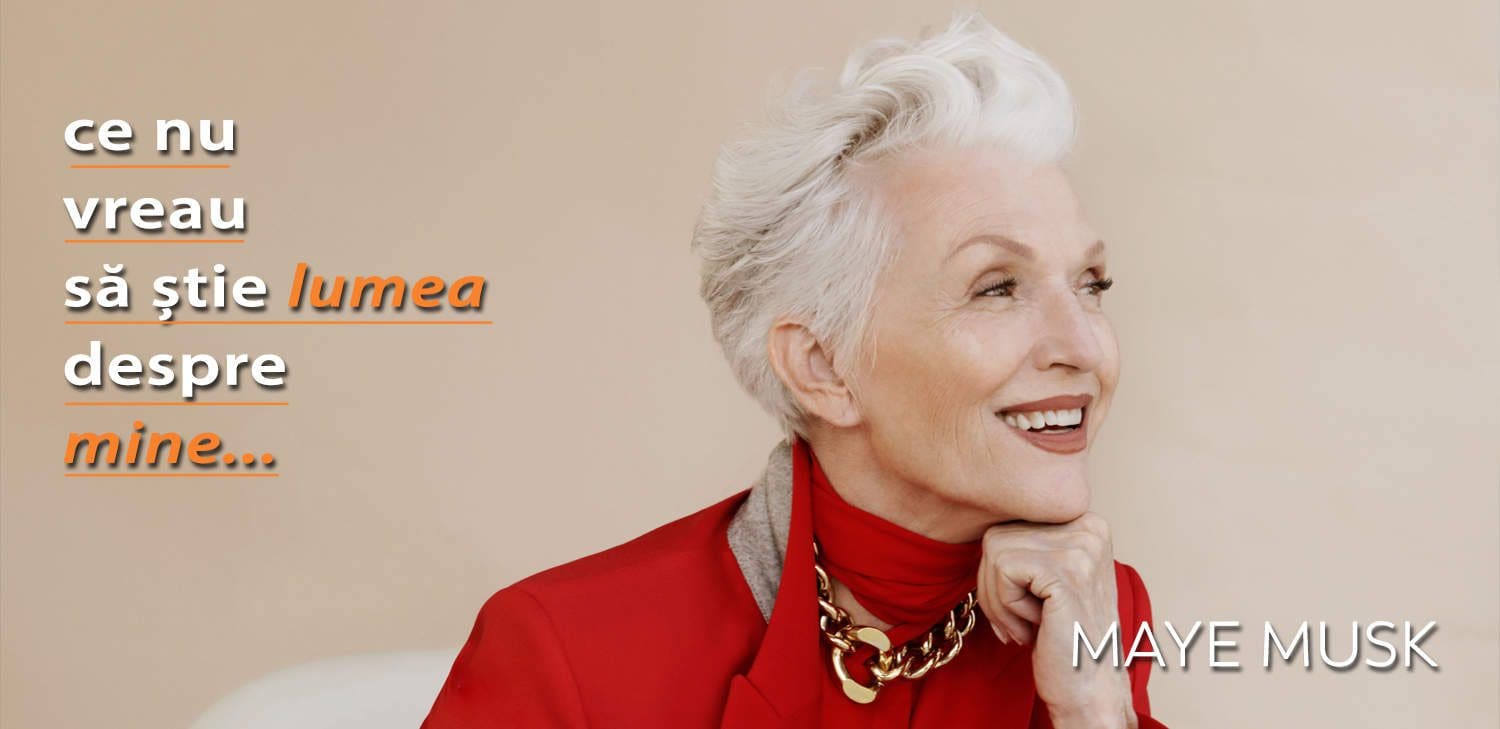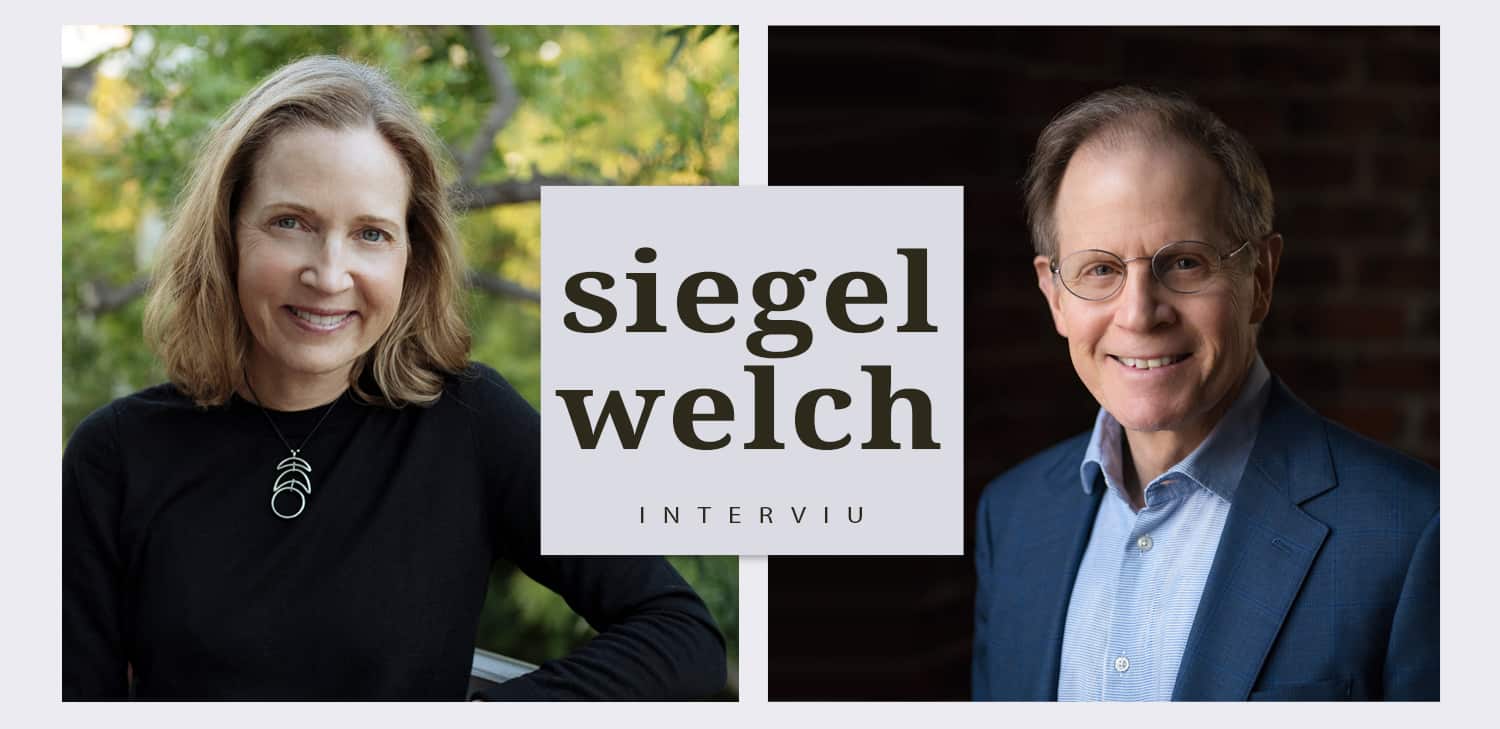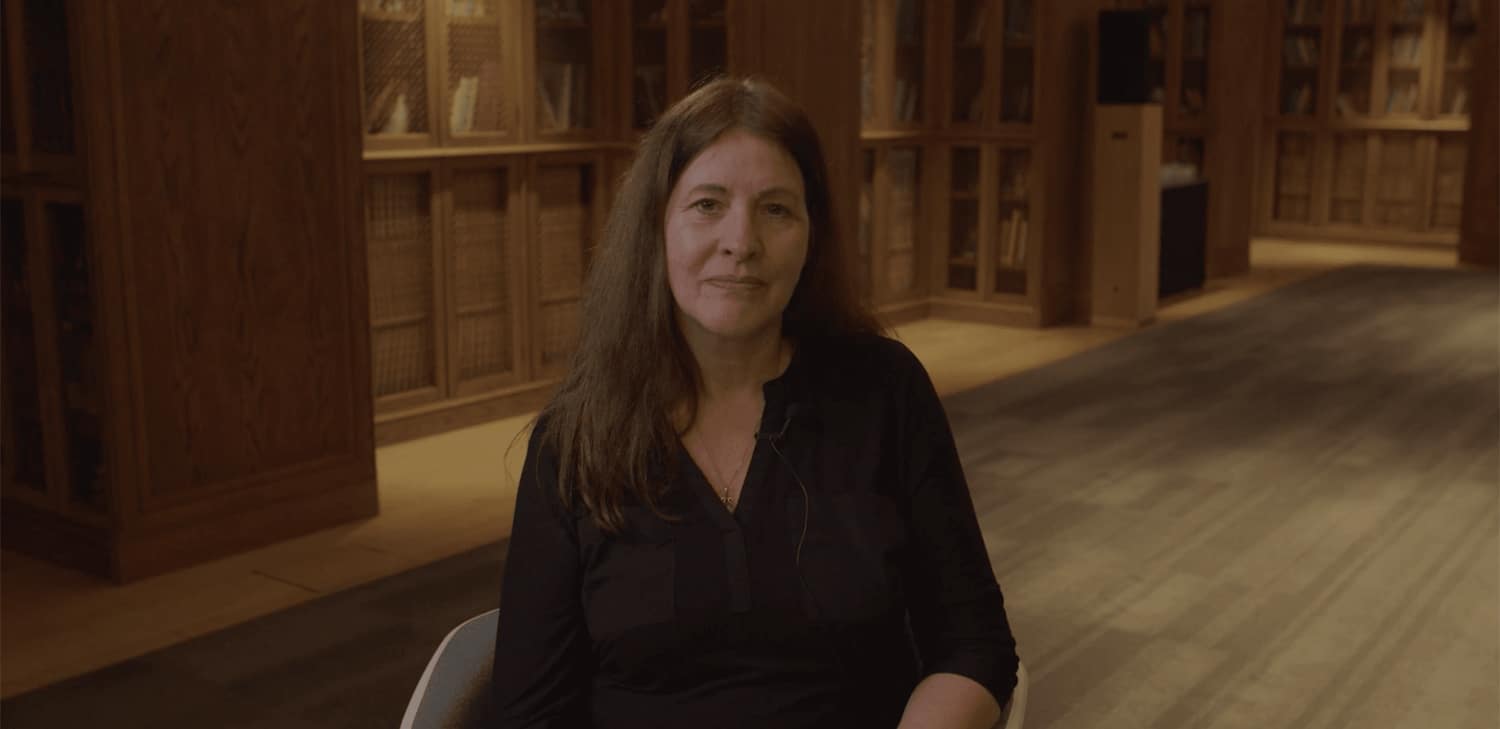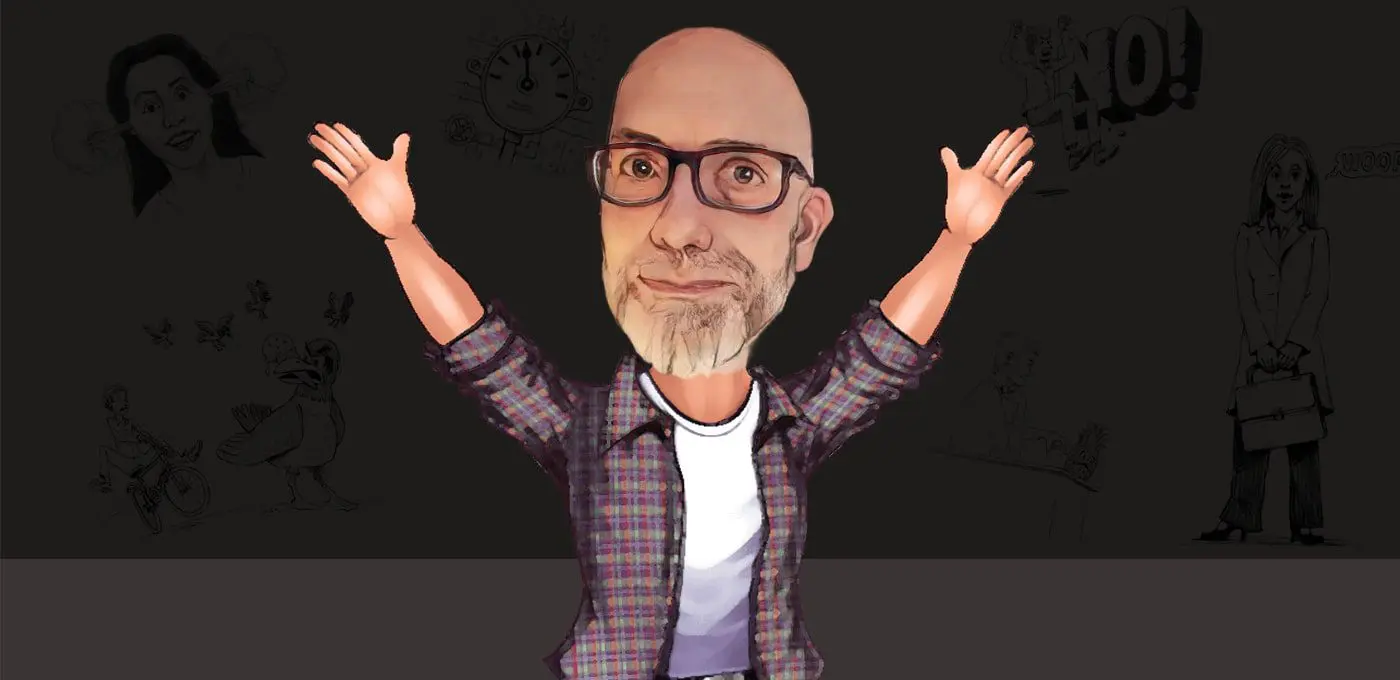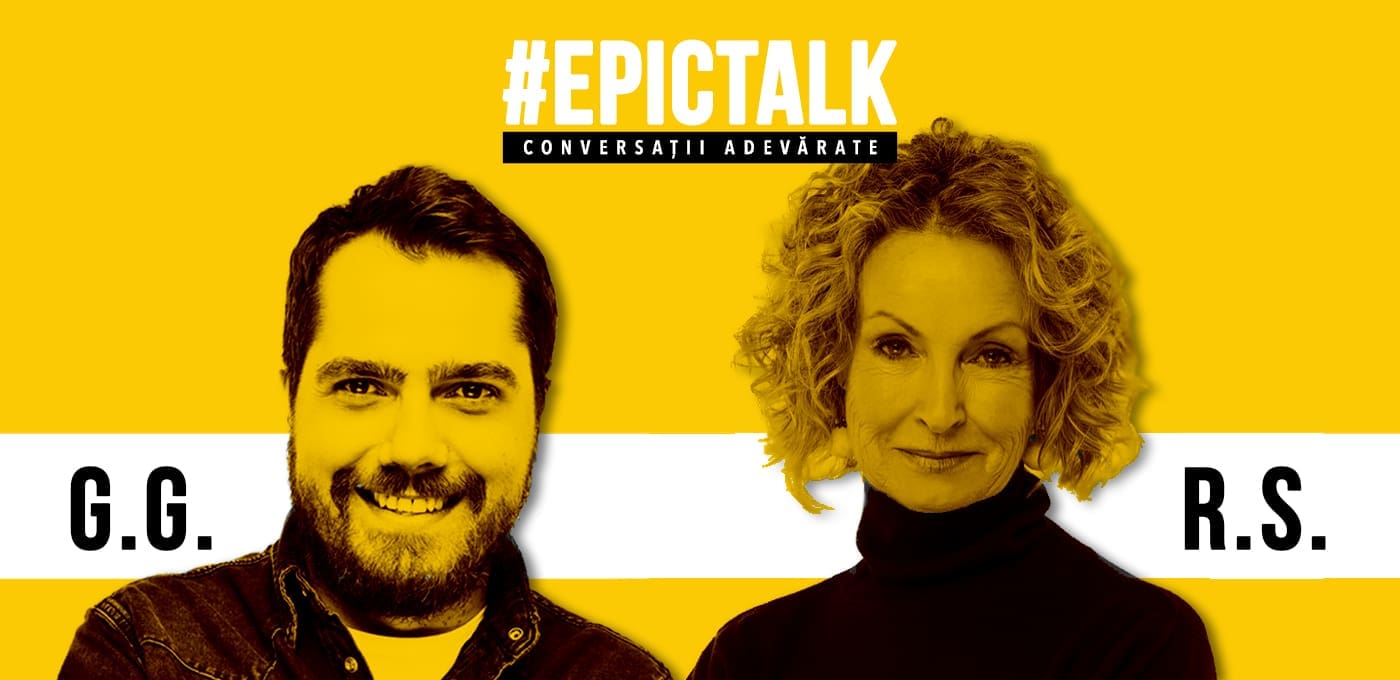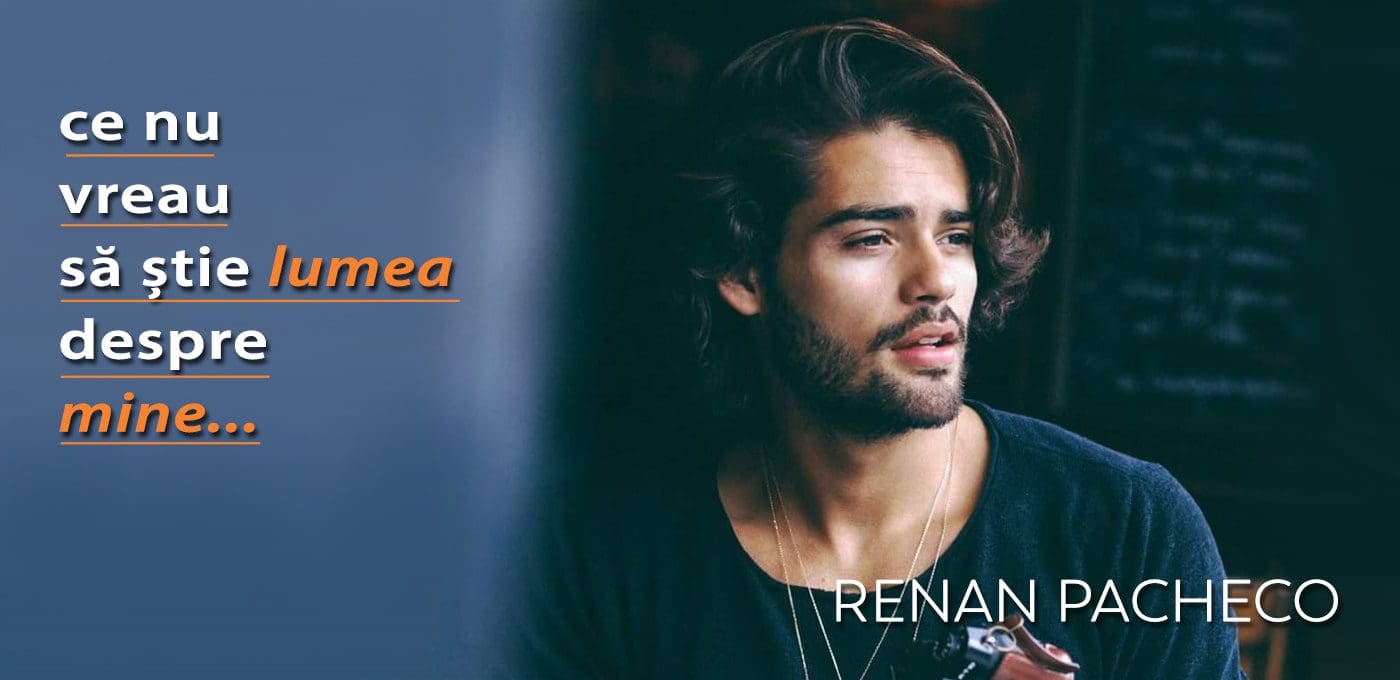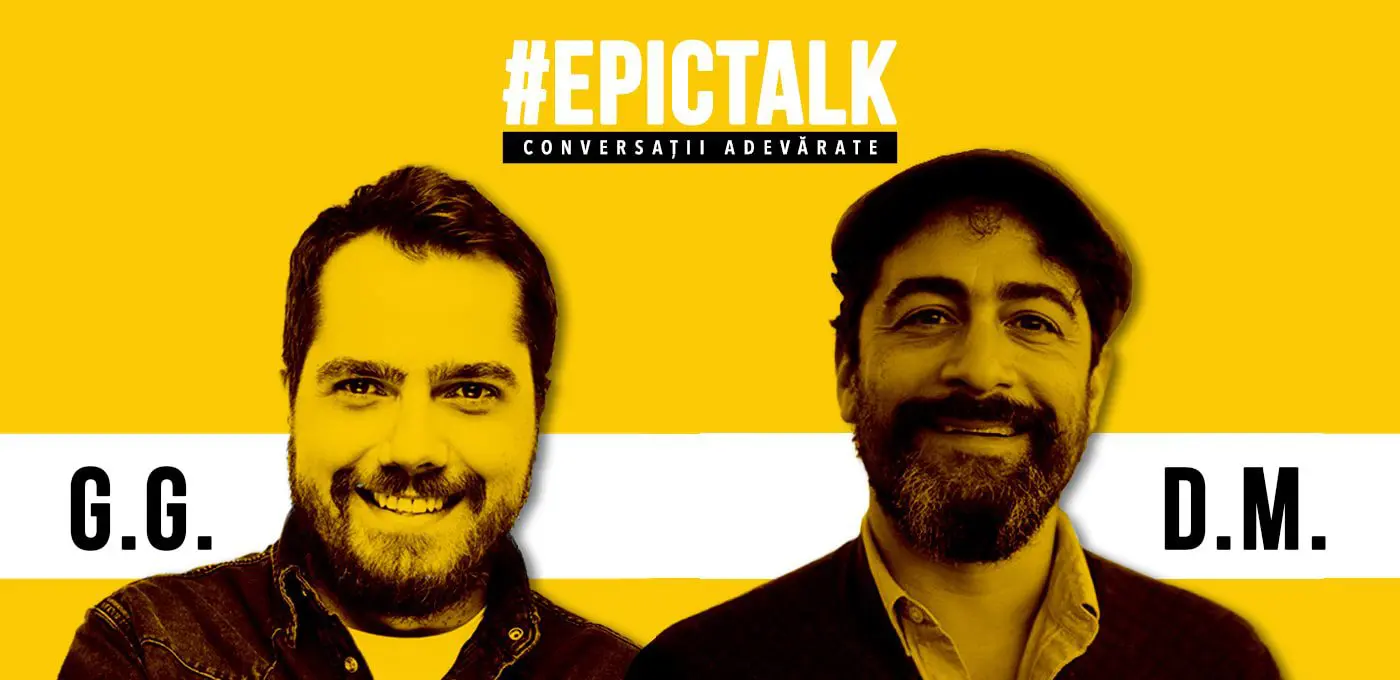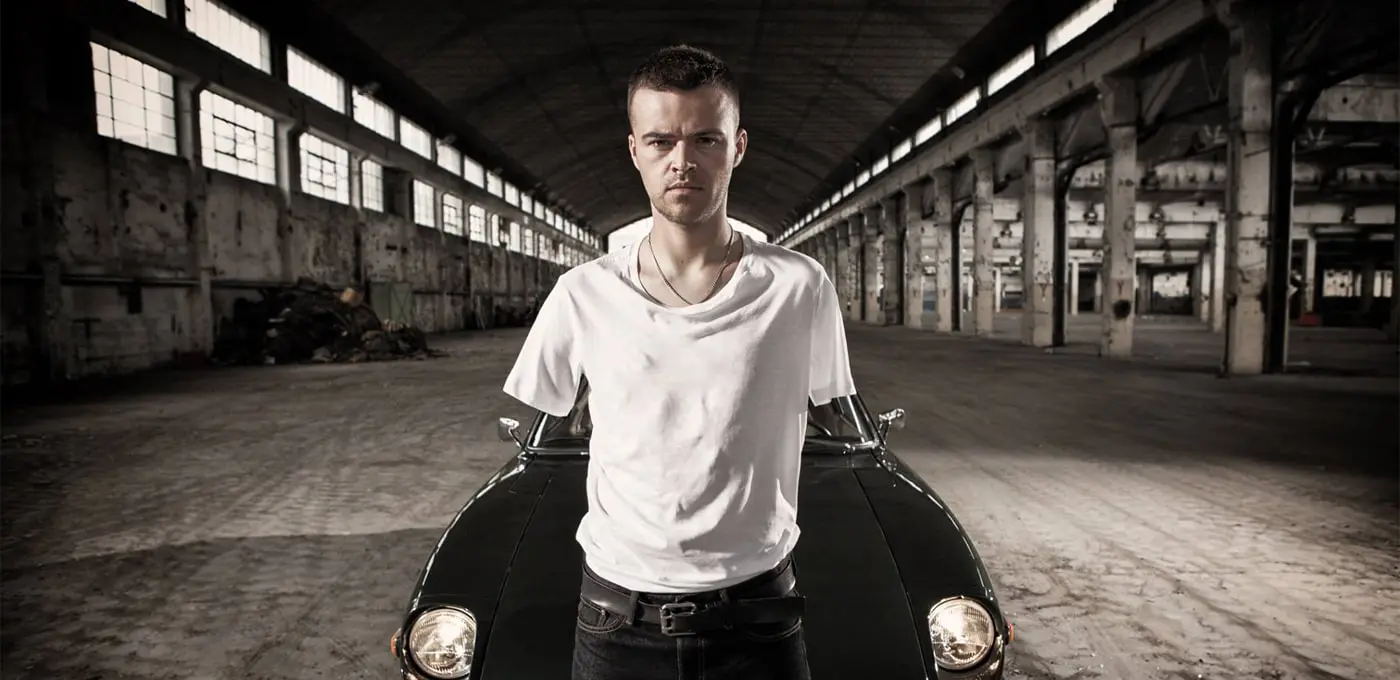Some 9000 km away, she is patiently waiting for Zarla to make the technical adjustments for our long awaited, twice reprogramed Zoom interview. Her piercing blue eyes and her calmness strike me, much more so, after a long and heavy day on my end.
As soon as we start talking, I feel she walks the talk. Caroline Welch, CEO and Co-founder (together with Dr. Dan Siegel), of the Mindsight Institute in Santa Monica, is not only writing about The Gift of Presence, the original title of her book, available now also in Romania, but is ready to offer it to me, being fully immersed in our conversation.
I have no other choice, I feel, then to reciprocate. And so, I do.
Your book, The Gift of Presence, is already available in Romania. For this book, you interviewed hundreds of women, from various backgrounds, with various ages, with different degrees of education. What do you think it is the common denominator amongst these women?
I found several common denominators. What I noticed in the hundred women whom I interviewed – and you are right, they were different ages, from different countries, I tried to really have a mix in all regards – was a couple of pattern emerging, one of which was (since my book is a mindfulness guide for women): often, the interviewee would say: „Oh, just put your laptop away: I am the most unmindful person you’re going to meet“. I also often heard: „I’m having such a terrible day, I don’t think anything could help me“. So what that confirmed for me, which is also, in part, why I wrote the book, is that we, as women, are increasingly overwhelmed playing so many roles, and existing under certain myths, such as „We will one day have balance“. But, as you know, balance is only two things and I don’t think any of us has the luxury of dealing with only two things. So, to your question, one common thing I noticed is that women who were so quick to say „I am not mindful“, once I talked to them more and asked a few questions, I heard that, in fact, they were very mindful. Mindful, in the sense that we have both formal and informal mindfulness practices. We all imagine the formal practice, when we are in a peaceful garden and we are on a zabuton and we are meditating and everything is fine. But what we don’t so easily imagine is the informal moments that we can catch between two busy meetings. One of the very busy nurses whom I interviewed told me that when she goes from one part of the hospital to the other, there is a beautiful indoor bridge and she sits on a bench in the bridge for about a minute or two, whenever she has to go from one part of the building to the other. Another woman told me that after her busy days at work (she is a single mom, she has a teenage daughter), before she goes to her apartment in the evening, she feels her hand on the door knob and she just takes a few breaths, to reset and to honor that transition from her work to her home. So, these were the sorts of examples that I was delighted to hear and I think we should all really pat ourselves on the back, because we are probably doing mindfulness practices and not realizing that, in fact, these are very helpful to us. The more we can inhabit these states of mind, they can become traits, which, in turn, can change our baseline way of being.
One thing that is also very common amongst women is the feeling of guilt. I think we are born with a „guilt gene“ of some sort. Why do you think that is? Because in the end, yes, we are doing lots of things, we should be proud of our accomplishments, yet, most of the women I know are not happy with the “fulfillment“ of their jobs – as mothers, as professionals, as daughters, as wives.
I do not know about a „guilt gene”, but I know about the prevalence of guilt. And there is a lot to say about this. I believe in part is definitely linked to expectations. Expectations that we put on ourselves, that our families, that our culture also put on us. And most of us want to do a great job: we want to be great moms, great partners, great employees, great bosses, great volunteers in our communities. And the first thing to recognize is that we could, perhaps, change our relationship to these expectations – that is what we have control over. Whatever it is that is our ecosystems that we learned, now is the time to have a look at those things and introduce words like Not now, Good enough and looking at real priorities for a given day. You mentioned that you sense that, in general, women are not feeling happy and fulfilled, I would direct the energy to one of the 3 Ps I explore in my book – Purpose. The research is so clear that if we can keep front and center our purpose, from that we can enjoy more wellbeing and from that comes our happiness. We can’t go out seeking happiness directly, it comes to us through our ability to articulate and live consistently with what our purpose is.
Speaking of Purpose, in the book, you debunk some myths about it, one of them being that for many of us, Purpose should be something grand, majestic, important, something that would bring you a Nobel Prize, at least. So, it’s another thing we are feeling guilty for, because, as you put it in the book, 80% of the people do not know what their purpose is, if asked about it. How can we redefine purpose, on a smaller scale, so we won’t feel as guilty and overwhelmed about not having one?
The focus, I think, is on What is it, that is important to me? What can I offer? Taking the various roles (and all of us have so many roles), if you take your work role first, ‒ and perhaps you are a therapist in private practice ‒ if you can articulate your purpose there: to be of service to your clients, to the best of your ability, something along those lines, or when if it happens that you have a family and have your children, you can articulate a purpose there: to be open, resilient, patient. And, of course, if we look at any one day, it could be that you may feel: „Today was a disaster, I didn’t have very much patience with my child about the math homework“ or „I could have offered something more to my patient when taking about a given topic“. But if we take in the criticism and these things that may lead to guilt and reframe, give a broader frame, give some space and say: „But my purpose is still to be a patient, resilient parent, I am still on that path or I am still intending to the best of my ability trying to be a responsive and connected therapist“, we cannot really looking at any one thing and going a downward spiral, that is really easy to do! But try to pull ourselves up to this purpose and, as you suggested, it doesn’t have to be solving the climate crisis. It is in your home, your office, your community – these are equally noble and important.
Is it mindfulness only for rich people or anyone can do it? The responses you get when talking to people are often: „My monthly goal is to pay the bills, I don’t have time for Mindfulness and personal development books“. How can one in this situation – which is not uncommon, with the poverty rates increasingly higher in the world – can live a more mindful life?
I think the first to consider is that there must be an interest in that. There must be the search: we can’t – certainly – force or persuade where is no interest or willingness. Mindfulness is a natural resource: is free, is available 24/7, we don’t need a special equipment, we don’t need a gym membership, it is a tool in our hands, just like Purpose it is.
So, if you can take a minute – like Victor Strecher from The University of Michigan urged us to do in his book, Life on Purpose – write your purpose on a little piece of paper. We can all do that. And see what it feels. See if carrying that around and referring to it, even in your most difficult days, makes you feel different. Similarly for the mindfulness piece. And I understand: sometimes, even the most committed mindfulness practitioners may be having a little debate with themselves („Well, today I don’t really have time to meditate, today is especially hectic, I can’t“). But if we can conjure up the discipline and we can commit… ‒ we know, by our research that is really important to have a practice every day. We also know now, thanks to the research of Amishi Jha (The University of Miami) that 12 minutes a day have been shown to have benefits for us. We don’t know whether it makes a difference to divide that in 3-minute chunks or 1-minute chunks or all at once. But the bottom line is that once someone feels overwhelmed or without much fulfillment or perspective, perhaps, they would consider just a quick breath, here and there ‒starting slow, with what we can manage.
A few years ago, we were talking about FOMO (Fear of Missing Out), now we are talking about MOON (Missing Out on Now). What is the most common example of Missing out on Now?
The most common one is the one that eludes us every minute, because all we have is this moment. So, the most common is to let the thought loops (because we know that we live half the time, unintentionally, mind wondering) just escalate to the hours and morning and afternoons when we are not really engaged in the moment – that is very common.
Talking about Pivoting and Pacing (the 2 other „P“s in the book) now – why do we struggle with that? What’s keeping us from doing the Pivoting and what is stopping us from Pacing ourselves?
I wouldn’t say that either is harder or not, because it depends upon who you are and what the situation is. So, in one situation, Pivoting can be the hardest thing, but in another, for someone, it could be Pacing.
Pivoting is change. We, humans, don’t like change. We like habits, we like routines. And there is also a phenomenon called neural loss aversion – we have to imagine what we will gain if we change or give up something will be twice as good as what we have – that’s a tall order, especially in an uncertain world. Very few times when we are about to make a change can we be sure of that. So that is why Pivoting can get hard and challenging and we can get paralyzed. I picked the word Pivoting, however, because it conjures the image from a basketball game, where you pivot to toss the ball and you still have one foot grounded. To remind us that, even if I am mixing up one part of my life, there are other parts that are stable, that can be a well or a strength for us, so that can help us to pull forward and out of paralysis and the fear of making the wrong decision.
As for Pacing, when we are making decisions, we have to really stop, take a breath and get a wider perspective. Because when we get involved in something it usually consumes us. So, when we are trying to figure out, for example, the next year, what are priorities would be, part of it could be: „What are the things I can do later and what can I only do right now?“. And some of us are just catch-as-catch-can: we let things arrive on our doorsteps and then we start managing the best we can. But talking about proactive Pivoting, this becomes relevant in Pacing, because when we do have a wider lens of our lives then we can better pace ourselves, not only our year or months, but our weeks and our days.
What is the thing we think we know, but we don’t, about Mindfulness?
I would say that what we might know depends, again, upon the person ‒ maybe we are going into the myths of Mindfulness. There are those who may say: „My mind is too busy, it won’t help me, or I can’t stop my mind“ – and it is really not about stopping our minds, which are so active, is really more about being able to observe the activity, to remain in the present moment.
Our mothers used to stay at home and cook and be good wives. We wanted all and we wanted now! We have movements and we speak about being woke, we speak about racism and feminism. Still, we are 40% more stressed then men, still we have paying gaps between men and women and still we dream about having it all and having it now. Should we dream about that or should we reconsider another approach in terms of our roles?
Is a big question – we can let that take over our whole conversation.
I would say: yes, let’s go with all, as in all that we can manage at a given time, all the options that we can exercise or introduce into our lives and be fortunate that we do have options that will allow us to having many different paths then maybe the generations before us did not have. But the key is that we can’t have it all, all at once. Again, back to the Pacing part. So, perhaps we have to focus on different stages of our lives and different things we want to accomplish. Traditionally, in a professional career if you took off some time, it was a gap and it was considered terrible and you had to explain yourself. But now, fortunately, I think we appreciate when people have taken time in their live – maybe it was to travel, maybe it was to try a completely different career, maybe it was to raise a family, whatever those things are, they are now welcomed more and more – and that is the good news.
You tell in the book that one time you were coming home at 9 in the evening and a boss asked you if it was a “half day“ once again. Do you think your days as a litigator prompted you to find a more peaceful life and balance? (apart from your experience in Japan and your upbringing at a dairy farm)?
Yes, absolutely! I think everything that we experience contribute to the path that we choose to take and when we look back, we can connect all the dots and make sense. I think it’s not just the experience I had in Japan or Sri Lanka or other monasteries or retreat centers here, in the US or overseas. Exclusively or in large part it is the busy life that I had, it’s the challenges I had – all of that contributed. And so, is highly motivating to be consisting with the practice and to really come to treasure it.
From a mindfulness practitioner’s point of view, if you were to return in time and give yourself a little bit of advice, what would this piece of advice be?
It would be to be consistent with the practice sooner. Remember: I was first introduced to mindful awareness when I lived in Japan in the late ’70s. And, while I appreciated then and there, I went on without regularly meditating and enjoying the benefits of a consistent practice. It wasn’t until much later and maybe the last 20 years where I become more consistent. And then, of course, in the last 15, and 10 and now 5 years, we just have exponentially more and more research that confirms for us the benefits of having a practice. So, I find all of that motivating. Some of my interviewees are not so swayed by science, I am one of those person who is and so, I think I would have said to my younger self earlier: „Maybe we don’t have science or we don’t know why that works or you, Caroline, can’t imagine that practice you are enjoying so much in Japan actually translating or being transported to the US and being part of your life“, but I would encourage myself to make the leap earlier.
A few words for the Romanian readers ‒ what would you like them to take from your book?
I would like them to just sit down with the book and encourage them to see what pages fall open. I want to be realistic and I don’t think many busy women can sit down are read it front to back. The book was written with the intention that there are sections. Just go through and whether is a poem that you came upon or it’s a section about multitasking or it’s a list of things that you give yourself permission to do, just open it up and see what comes.
It would be like a „fortune cookie“ ‒ you can open it no matter what page?
That is right ‒ I like the fortune cookie part! I don’t know about you, but I every morning turn to poetry or the writings of a philosopher or a very inspirational person. This morning I was looking at some of the work of Mary Pfeiffer and John O’Donohue and I often just open their books and there is a page, there is a passage that really speaks to me. So, it would be amazing and a great honor if my book could be that kind of resource for your readers.
Assuming that some of us had nothing to do with mindful awareness before and we want to start first thing in the morning, what would be the first step?
I like that – you want an action item list! The first thing to do is to figure out: when? When you are going to take the first step? Then: are you a morning person or an evening person? Are you able to „staple“ this new practice to something you already do? Is there a ride on the bus, is there a walk, is there a moment in your life when you can imagine „I will have an extra (no one has an extra) time, a gap, I will take 2 minutes, 12 minutes“, whatever you can offer yourself? Just imagine that and commit to it!
Then, as for what do you do: you can sit down and focus on your breath, you can go online and listen to any number of guided meditations – there are beautiful teachers – and you see who resonates with you. There are many amazing apps, including Inside Timer, Head Space. And, again, it’s like going to the gym, to work out your body: what is going to be the best mental workout for you, the best mindful awareness workout? What you are going to resonate with, that you can see yourself being consistent with? And you look around when you are online. Maybe you like the work of Tara Brach or Rhonda Magee or Sharon Salzberg or Kristen Neff – the self-compassion work. And maybe one day what resonates with you won’t hit the next day. Maybe next day it will be Jon Kabat-Zinn or Jack Kornfield. But, hopefully, the person just starting will be very patient with himself (or herself). You won’t pile on and start to criticize yourself because your mind wonders – because it will. And the moment you bring your mind back to your breath or whatever you made the focus of your attention, is the moment if that – if you will – fixed it. How many things in life do you realize there are broken and then, all of a sudden, they are fixed? Well, mindfulness works like that. We know that our attention goes to the past, to the future and when we realize that and come back to this moment. That is what we are trying to do: is simple, but is not easy!
That is a very good differentiation: it is simple, but not easy! That is the fine print in the „contract“.
Yes – it is the fine print and a fine line. And as one of my interviewees said: „You know what the problem with mindfulness it? The problem is just doing it!“.
